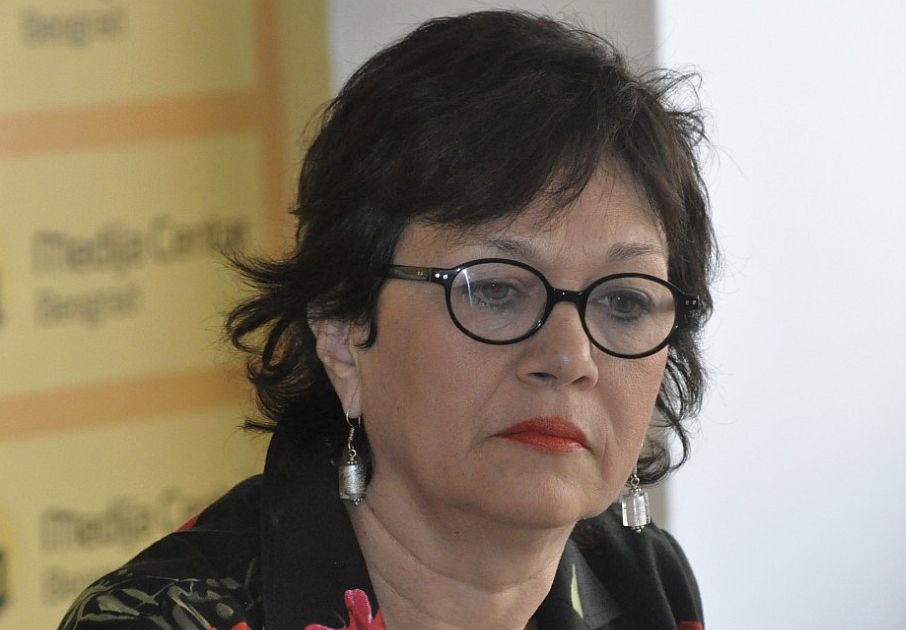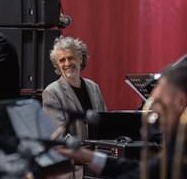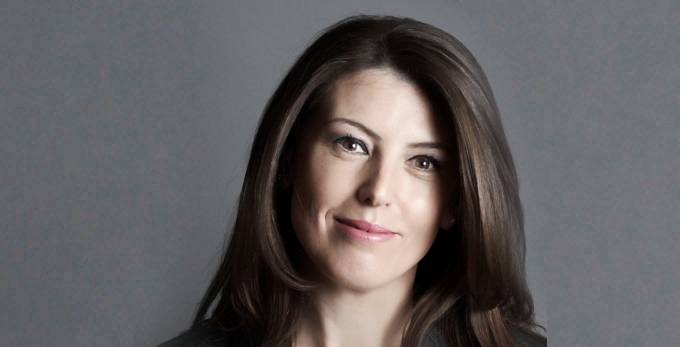Sound researchers and composers say that for the process of memorialization, sounds can serve as allies for the societies whose past has been distorted or denied.
For the people and places whose past has often been denied, sounds are considered a rich resource for documentation and remembrance.
The concept of sound as a means of documenting the dealing with the past remains underrepresented in the processes of collective memorialization.
Ilir Bajri, a composer and pianist, discussed during an interview for DWP of forumZFD the concept of sound in documentation and its connection to things that have lost their “presence” in the interplay between sound and memory. “Through sounds, people can create or rekindle memories of a specific period of time,” he said.
Bajri says that acoustic elements permeate public consciousness and retain specific memories associated with them.



“For instance, virtual instruments inherently serve as a form of memorialization, as they are integral to recording sounds and preserving the essence of old instruments,” he adds.
According to Bajri, sound memory is rooted in the notion that it conveys information about places and events, offering valuable knowledge, distinct from images.
“What always helps, in all aspects, is taking a genuine approach – learning to embrace the truth even it is unpleasant, particularly in relation to the past.”
In recent decades, sound has often been perceived as a tool for glorifying narratives. Bajri says we need a “liberation” from the inclination to mythologize the past. “We should try to accept what has happened, and seek to understand it, especially within its temporal context,” he says. “For this purpose, we need art and memorialization, as they facilitate these efforts.”
At a time when the public is inundated with sounds, particularly musical ones, which constitute historical hyperbolization, individuals immersed in acoustics, like Bajri, view this soundscape as an escape from a “painful reality.”
The sound spectrum also revealed to Bajri the absence of a platform for war victims. “There used to be a form of manipulated heroism, while the victims were left without a platform,” he says. “When you hear that, what often prevails is heroism, egocentrism, and hedonism.”
In parallel with historical experiences, Bajri says that the sound can also serve as an ally to the societies, such as Kosovo, whose past has been distorted or denied.
“For instance, Serbia is currently unable to reconcile with its own past, and this seems to be the reason why they have ended up in some sort of fascism.”
For the composers, sound is perceived as a tool to enable people to delve into the emotions tied to their experiences.
“Often, when you listen to a sound, you gain a deeper and more authentic understanding and visualization of a situation,” Bajri says.
He underlines how recordings form a sound archive, much like other types of archives.
“Listening to the soundscapes relates to the present. However, it is also possible to listen to the past if it has been recorded in an evocative manner,” says Bajri.
Sound storing technology, he says, is new and lacks the sounds of the work of many generations.
“That is why it is crucial for sound to have a more prominent role in the collective memory preservation process, as it allows us to preserve another dimension of our lives,” he adds.
Peter Cusack, a field recorder, musician, and scholar specializing in environmental sound at the Creative Research into Sounds Art Practice (CRiSAP) at the University of Arts in London has conducted research and documented various areas of special interest through recordings. He says listening to the soundscape is always intertwined with the present.
“I believe it is possible to listen to the past if it has been recorded, even using one’s own imagination,” says Cusack for DWP.
“Sometimes, a sound may be distant but remarkably close, such as an explosion, the cries of people who have lost family members, or children crying,” he adds.
For Cusack, sounds serve as potent drivers for research. He has conducted research in disaster-stricken areas like Chernobyl and says that the concept of collective memory is inherently tied to recorded soundscapes.
“In fact, when you come across places ravaged by wars or disasters, like Chernobyl, you sense that in reality, people never truly departed,” Cusack says.
He says the absence of people in abandoned places, whether due to war or catastrophes, evokes a sense of sadness.
“Such sounds not only record the events that have happened but also have a powerful impact,” says Cusack. “They are more than facts, as they also convey a powerful sense of space, atmosphere, and time.”
Cusack believes it is “the connection between these elements” within a single recording that makes it unforgettable.
While the official culture of memorialization through museums and archives always requires a more comprehensive recording of the past, historians also observe a growing interest in oral history and sound as another significant aspect of memorialization
Dubravka Stojanović, a history professor at the University of Belgrade, emphasizes that oral history is another way in the present for delving into experiences and subjects that are either problematic or complex. “Such may be the experiences of the ordinary Serbs during the era of Milošević,” she says for DWP.
Drawing from experiences of war victims, still not fully documented, sound is considered a crucial tool for uncovering concealed or denied aspects of the past and rendering them more accessible and comprehensible.
“Sound threads that weave through narratives connect memory and the emotions of the past,” says Cusack.
When documenting events such as Chernobyl or wars, wherever they take place, Cusack says sound remains underrepresented.
“Sound is a potent tool for invoking a particular atmosphere and providing a more vivid sense of how individuals might have felt when finding themselves in such a place long afterward,” concludes Peter Cusack.
Serbeze Haxhiaj is an investigative journalist and news editor based in Pristina, Kosovo, who focuses on corruption, human rights, security issues, religious extremism, terrorism and war crimes. She is currently an editor at Radio Television of Kosovo and a journalist at the Balkan Investigative Reporting Network (BIRN).




